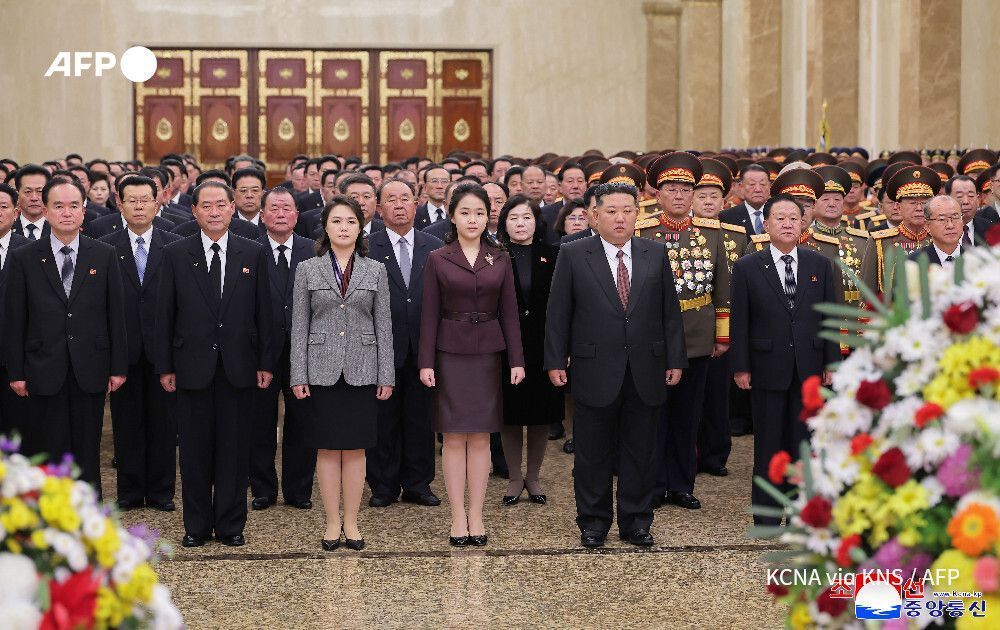Experts in communication and sustainability have stressed the need for a coordinated national framework to streamline how government institutions, the private sector, and the media resolve Environmental, Social and Governance (ESG) issues, warning that Nigeria’s fragmented messaging is hindering accountability, investment confidence and long-term development.
The proposal, which centred on the creation of a National Sustainability Communication Standard (NSCS), emerged during a virtual panel discussion themed, “Sustainability Communication in Nigeria: Bridging the Knowledge Gap through Strategic Stakeholders Dialogue.”
The session was convened yesterday by Oluwatobi Abodunrin, Walter Michael, Adedayo Okusanya, and Anuoluwatomi Olorundare, all postgraduate students of Media and Communication at Pan-Atlantic University.
At the forum, panellists stated that Nigeria’s fragmented sustainability narrative is slowing national development, dampening investors’ confidence, and limiting accountability in the implementation of ESG commitments.
Senior Environmental Systems and Performance Advisor at SCS Railways, UK, Grace Ejims, described the country’s reporting landscape as disjointed, saying: “Government speaks in policy and SDG targets, businesses focus on ESG compliance, while the media reports crises and corruption.”
Ejims, therefore, recommended a simplified reporting model that would mandate ministries, corporations, and media organisations to publish accessible one-page yearly sustainability updates to improve public understanding and track progress.
Offering a private-sector viewpoint,
Senior Marine and Offshore Environmental Specialist at the Nigerian National Petroleum Company Limited (NNPCL), Michael Ogbuefi, stressed the need for early community inclusion and transparent feedback systems.
Also, sustainability strategist Ese Ikponmwomba stressed the need for human-centred storytelling that frames sustainability around everyday concerns, such as cleaner environments, better health outcomes, and income generation from recycling.
She stressed the use of local languages and specialised journalist training as essential tools for bridging the knowledge gap.
Besides, the Customer Service Relations Specialist, Blessing Ayorinde, said that the current sustainability reporting “excludes the average citizen,” urging that complex ESG frameworks be translated into visual, narrative-driven formats that reflect the everyday experiences of Nigerians.
Olorundare said that sustainability communication must evolve into “a shared national language that connects government plans, business actions and citizens’ lived realities,” rather than remain a peripheral conversation.






